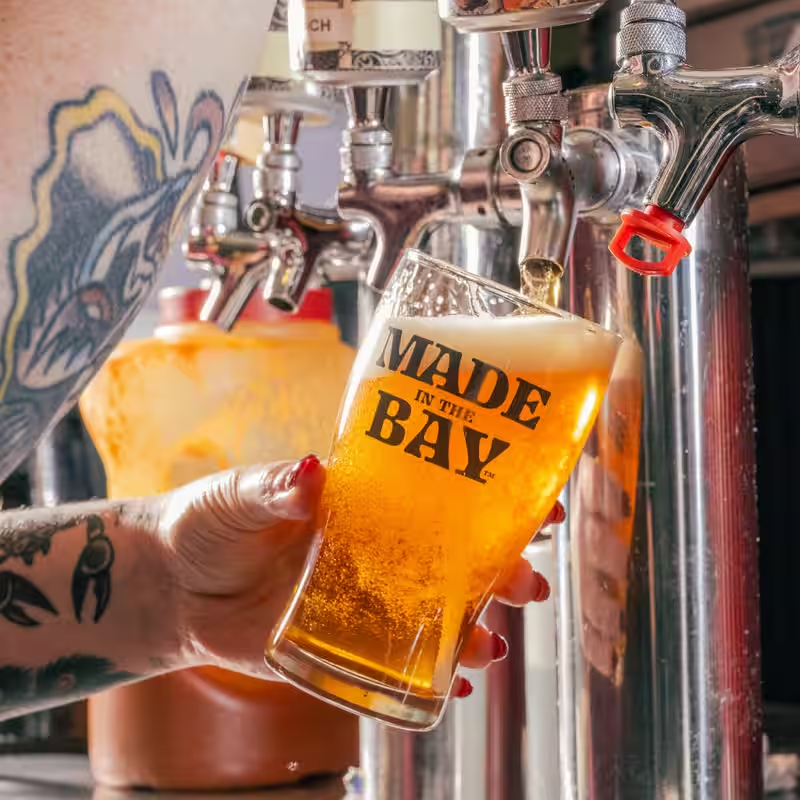Just a decade ago, craft beer was the golden child of the beverage world—local taprooms packed, hazy IPAs flying off shelves, and new breweries opening at a record pace. But today, that frothy dream is fizzling out.
Across the U.S., small-batch brewers are shuttering their doors in growing numbers. Once celebrated for their bold flavors and community spirit, many are now casualties of shifting tastes, fierce competition, and a post-pandemic hangover that just won’t quit.
What Went Wrong?
For years, craft beer thrived on novelty. Consumers craved local, artisanal, and experimental—whether it was a double dry-hopped IPA or a barrel-aged stout with notes of vanilla and oak. But as the market saturated, that novelty wore off.
Now, drinkers are turning elsewhere: to hard seltzers, canned cocktails, non-alcoholic brews, and even wine spritzers. According to industry data, craft beer sales have declined for three consecutive years—something almost unthinkable during the 2010s boom.
The Competition Got Brutal
It’s not just changing palates. The playing field has tilted dramatically:
- Big Beer fights back: Anheuser-Busch and Molson Coors now own dozens of “faux craft” brands, confusing consumers and undercutting prices.
- Too many taps: At its peak, the U.S. had over 9,000 breweries—more than at any point in history. Many opened without sustainable business models.
- Rising costs: Hops, barley, aluminum, and labor have all gotten more expensive, squeezing already-thin margins.
“We poured our hearts into this place,” said Mia Tran, co-owner of a now-closed brewery in Portland. “But between rent hikes, ingredient costs, and fewer people walking in, it just wasn’t viable anymore.”
A Cultural Shift
Beyond economics, there’s a cultural pivot. Younger drinkers are drinking less alcohol overall—and when they do, they want convenience, low calories, or Instagrammable packaging. A 16-ounce can of 8% ABV double IPA doesn’t fit that bill.
Some breweries are adapting—launching non-alcoholic lines, hosting yoga classes, or pivoting to kombucha. But for many, it’s too little, too late.




